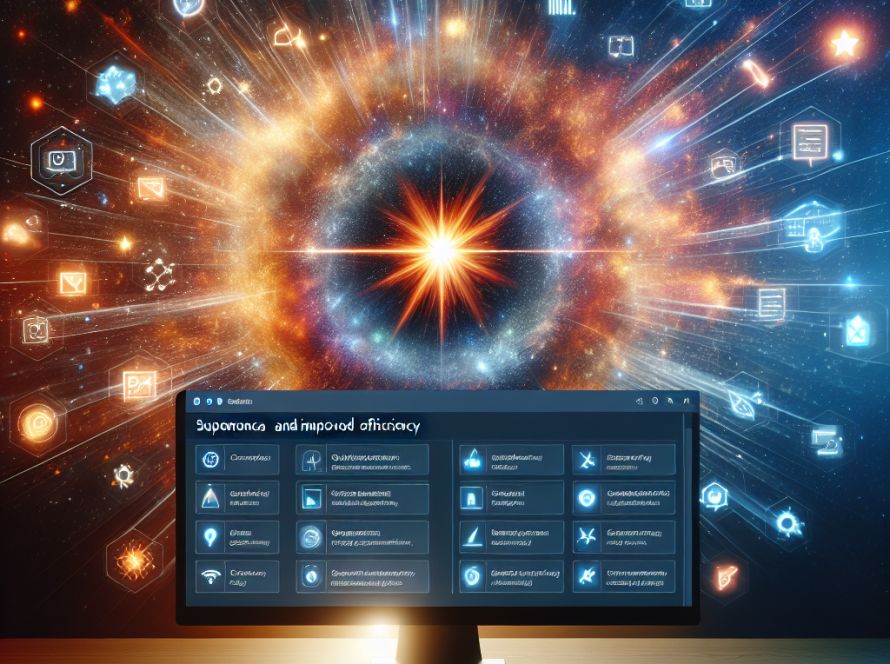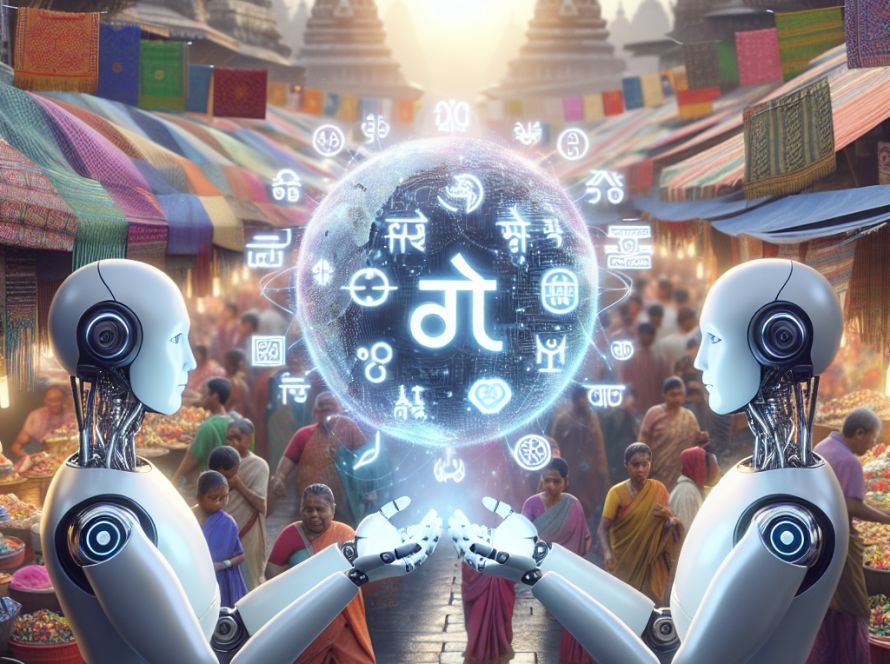Artificial Intelligence (AI) is transforming a multitude of industries at an exponential rate. In particular, AI agents designed to streamline and automate various aspects of business operations are emerging as some of the most innovative recent developments. These agents broadly fall into three categories: Planning Agents, Workflow Agents, and Matrix Agents. Each type of agent represents a new frontier of AI-powered automation technologies and holds immense potential for companies to boost efficiency and productivity.
Planning agents are designed to map out a detailed schedule for completing specific activities, offering a dynamic and flexible approach to task management, as opposed to standard automation technologies. Post drawing a plan, human operators usually scrutinize and approve it to ensure its alignment with the organizational objectives. A typical application of planning agents is in code creation, as they can handle problem examination, solution formulation, and even produce the necessary code to implement the solution. This automation reduces the time and effort needed for intricate tasks, thereby curbing the dependency on human intervention in many business procedures.
Workflow agents amplify automation by executing predefined workflows in response to specific circumstances. They can alter their actions based on the inputs and outputs at each workflow node, which assures a seamless and efficient workflow progression. Thanks to their versatility, these agents excel in automating diverse business processes, helping enhance productivity and innovation. A notable attribute of workflow agents is their effortless integration with existing systems, which empowers companies to leverage their sophisticated automation abilities without overhauling their current infrastructure.
On the other hand, Matrix agents symbolize a unique approach to AI automation. Designed to handle tasks that require recurrent processing or analysis of various input sets, these agents find application in repetitive tasks like financial analysis, ad content creation, and search engine optimization. By automating these monotonous tasks, companies can free up their knowledge workers to focus on strategic operations.
In essence, the rapid evolution of AI agents points towards a future where intelligent systems will shoulder the bulk of labor-intensive tasks in businesses. Embracing these innovations not only streamlines operations but also paves the way for unprecedented growth and innovation. As these AI agents continue to advance, their presence in businesses will grow, taking on a larger share of the workload and promoting better operational efficiency.
Introduction of planning, workflow, and matrix agents marks a significant milestone in the AI evolution. Their influence on business automation will only grow in the coming years, reiterating the importance of adopting these technologies for future-ready businesses.


